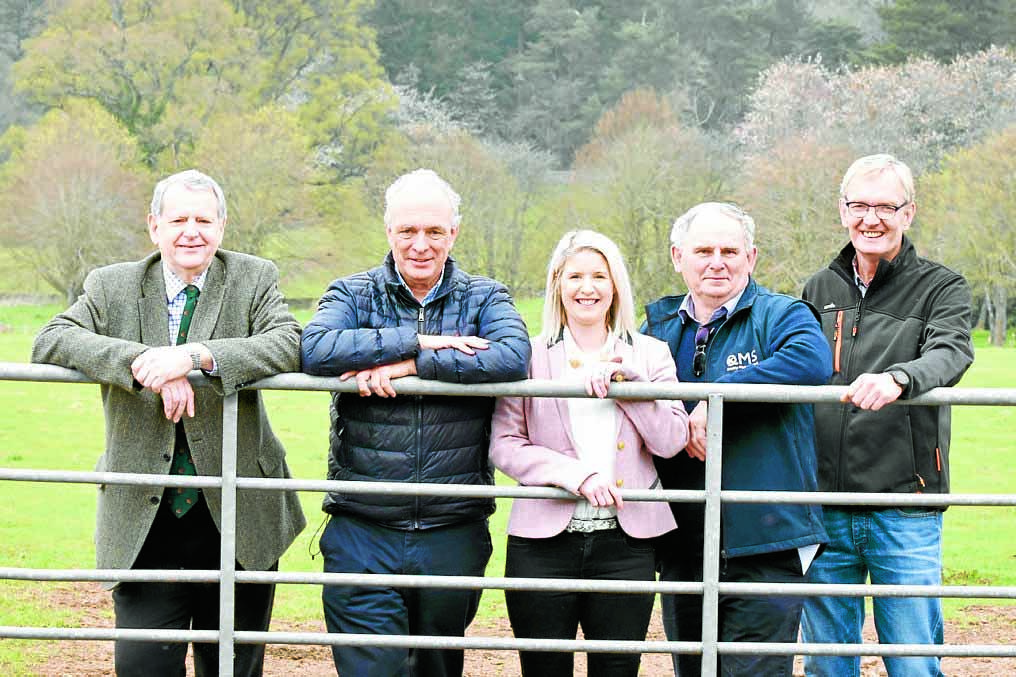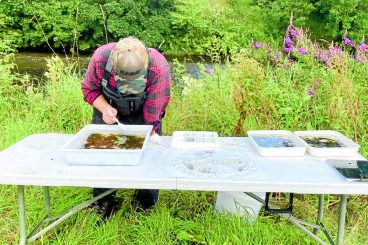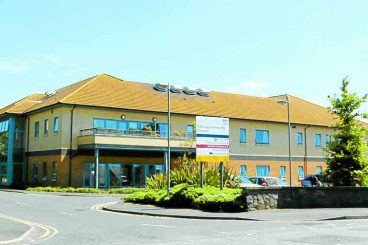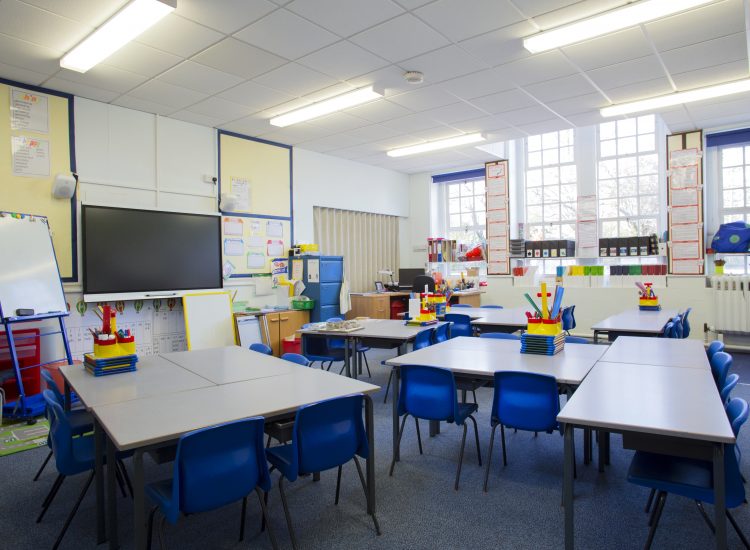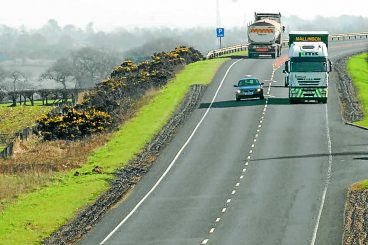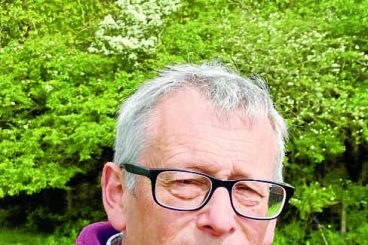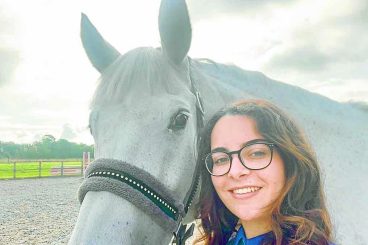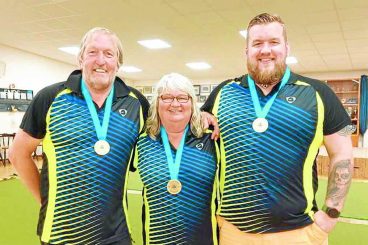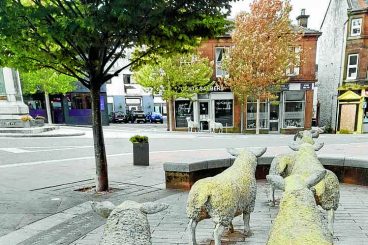WITH less than a month to go until Scotland’s Beef Event, hosted by the Scottish Beef Association at Dalswinton Estate, Dumfries, plans are coming together.
It takes place on Tuesday June 6 and the thousands of attendees will be able to see the Dalswinton beef enterprise first hand, as well as listen to a series of highly informative seminars featuring key industry spokespersons. Furthermore, a number of demonstrations will be taking place and there will be a Speaker’s Corner with many cattle breed society representatives.
Event chairman Scott Henderson said: “Scotland’s Beef Event aims to showcase what producers can do to reduce their carbon footprint and other input costs which have seen a significant rise in recent years.”
Operations at Dalswinton Estate include a 550-strong herd of suckler cows focusing on maternal breeds with Charolais bulls used at terminal sires, as well as diversifications including wind turbines, a wedding venue, residential and commercial property, a whisky bottling unit and holiday, fishing and shooting lets.
Peter Landale, whose family has owned the 5000-acre estate for more than 100 years, said: “Agriculture and particularly beef farming is coming under increasing scrutiny. We see this as a real opportunity to bring the beef industry together and create a day where farmers can discuss the future, share ideas and see the Dalswinton suckler herd on the ground.”
Together with farm manager Andy Williamson, the team run a stratified breeding operation which includes a herd of 60 Luings and a few Blue Greys within the hill herd which are crossed to the Shorthorn. These produce a strong calf with good hybrid vigour which is then put to the Aberdeen-Angus to produce the ideal Dalswinton cow – a good, medium sized cow full of milk that retains her hardiness. Charolais bulls are then used to sire the end product, a uniform calf crop with growth rates that suit their customers’ needs.
Calves are sold store at 10 to 12 months of age having grown from 300kg or so at weaning to 400kg at time of sale, averaging around the £1200 mark in line with the current good trade for cattle.
The team is continually looking at how they can improve not only profit margins but also the sustainability and viability of the herd.
Peter explained: “We recorded a loss of £81 per cow before subsidy for the 2022-23 year, but we’ve got to look at the wider estate and we have to understand what we’re doing with marketing.
“A major flaw in our business is that we sell our calves store – effectively we’re passing our product on to someone else to take down the chain and make the most of the sustainability we’ve worked towards.
“It may be that we need to look more at finishing our cattle and adding these benefits to the end product, marketing our animals better. The end consumer is now very interested in the product they buy, so if we are doing all we can to improve our carbon footprint, improve our biodiversity appeal and have a desirable end product, we should be the ones to market our animals.
“There’s a phrase, if you chase rainbows you’re never going to catch them, so we tend to stick with a plan and make small changes rather than drastic ones. It looked a good plan to build numbers to 550 cows, but should that number instead be 400 to reduce input costs, look at finishing calves and leave a better margin?”
Meanwhile, a key part of the day will be the seminars titled Agriculture Beyond Support, Sustainable Farming in Theory, and Sustainable Farming in Practise featuring Rural Affairs Secretary Mairi Gougeon; Brian Richardson, head of agriculture at Virgin Money; and Professor John Gilliland, AHDB Environment Team.
For more info, go to the SBE website.
ABOVE: the event team includes Brian Richardson of Virgin Money; Peter Landale, Dalswinton Estate owner; Louise Graham, NFU Mutual; chairman Scott Henderson and farm manager Andy Williamson





